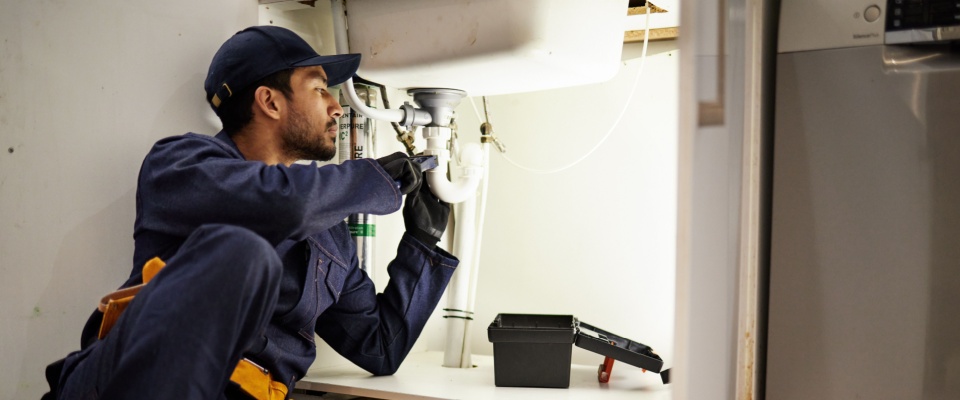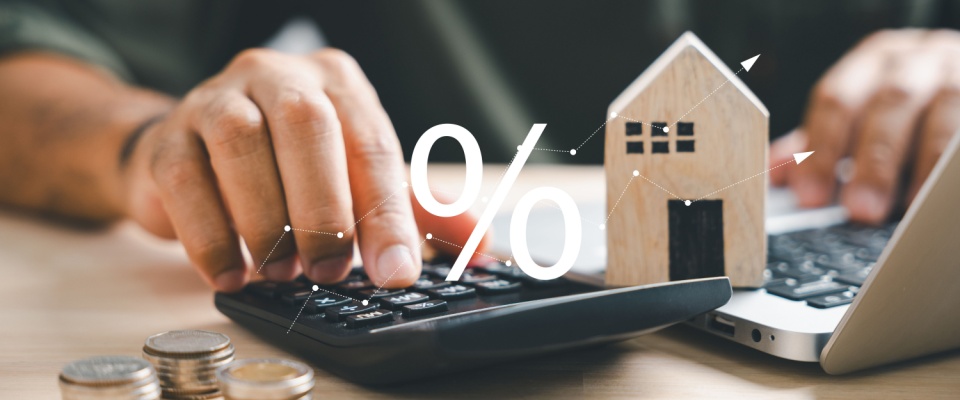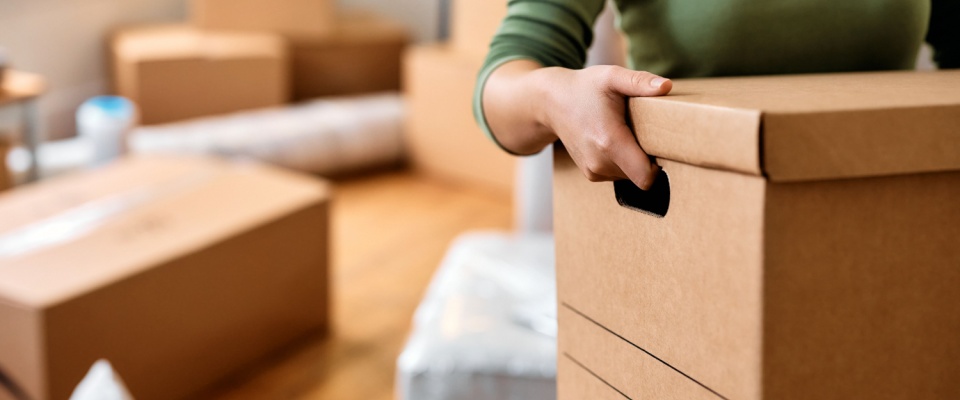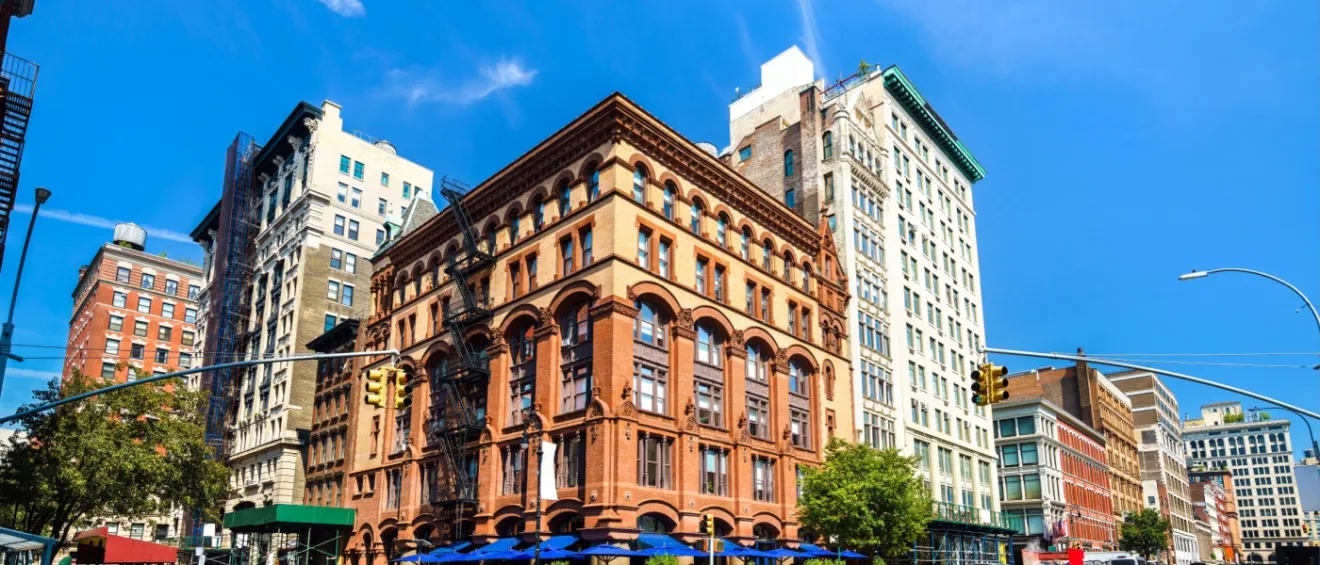Share this article:
Renting an apartment comes with certain expectations, both for renters and landlords. While renters have obligations like paying rent on time and maintaining the unit’s cleanliness, landlords have legal and ethical responsibilities to ensure a safe and habitable living environment. That’s why understanding landlord duties is key — for renters to know their rights and for landlords to stay compliant with rental laws.
When landlords uphold their responsibilities, it helps prevent disputes, keeps the property in good shape, and a better landlord-renter relationship. But what’s included in landlord duties?
Read on as we take a closer look at key landlord duties, from legal obligations to property maintenance and renters’ right to privacy.
Landlord duties include legal obligations
Landlords have specific legal obligations they must follow as part of their landlord duties. A core landlord duty is to comply with all applicable state and federal housing laws. Ideally, renters should be familiar with these requirements to ensure they receive fair treatment and live in a safe environment.
A key legal standard is the implied warranty of habitability, which means that each rental unit must be livable. This requires functional plumbing, heating, electricity, and structural integrity. If landlords fail to meet these standards, they could face legal consequences.
Additionally, landlords must follow local housing codes and the Fair Housing Act, which includes keeping the property up to code and avoiding any discrimination when screening and selecting renters. Furthermore, landlords must provide essential documentation, including a written lease agreement, rent receipts, and proof of property registration when required by law.
What about maintenance and repairs?
A major part of landlord duties involves maintaining the rental property in good condition. This means ensuring that structural elements like the walls, roof, and foundation are kept safe and intact. If issues like leaks, cracked walls, or a failing roof arise, it’s the landlord’s responsibility to fix them quickly.
Landlords are also legally required to provide essential utilities — water, heating, and sanitation must be available and functional. What’s more, if the plumbing breaks or the heat goes out in winter, the landlord must fix the issue immediately.
Regular maintenance and pest control also fall under landlord duties. If mold develops from leaks or structural problems, or if there’s a pest infestation, the landlord must take action quickly. Regular inspections can help spot potential problems before they get worse.

Safety standards every landlord must meet
Another top priority among landlord duties is ensuring renter safety. This involves strict adherence to fire safety regulations, including installing smoke detectors, carbon monoxide alarms, and fire extinguishers as legally required.
Electrical and gas safety are also among landlord’s critical responsibilities. In some states, landlords are required to get annual Gas Safety Certificates or secure periodic Electrical Installation Condition Reports to ensure the property is safe.
Furthermore, environmental hazards also fall under landlord duties. If a rental unit presents risks from lead-based paint, asbestos, or any structural issues, the landlord is responsible for taking action to eliminate any potential health hazards for the renter.
Respecting renter privacy
Landlords own the property, but renters still have a right to their privacy. In other words, landlords can’t just walk into a rental unit without providing proper notice, which typically ranges from 24 to 48 hours, depending on the state. The only exception is in a case of emergency, like a fire or a major water leak.
Unauthorized entry or excessive inspections can violate renter rights, so landlords must always provide notice before coming in for repairs or routine checks.
Financial responsibilities landlords must handle
Handling finances properly is another key part of landlord duties. Security deposits must be managed according to state laws — which typically require deposits to be kept in separate accounts and returned within a specific timeframe after a renter moves out. Additionally, landlords must ensure they have adequate property insurance to cover the building’s structure. While renters are responsible for insuring their personal belongings, landlords must have coverage for damages caused by natural disasters or accidents.

What’s more, landlords are responsible for paying property taxes and any other fees not explicitly assigned to renters in the lease agreement. Failing to pay taxes can lead to legal complications that could negatively affect the rental property.
Communication and accessibility for renters
Responsible landlords should also ensure that renters can reach them when needed. Renters should have a clear way to report maintenance issues or emergencies, such as a dedicated phone line, an online portal, or through a property manager they can talk to.
Clear communication helps avoid any misunderstandings and allows landlords to address issues quickly, before they become serious problems. Plus, maintaining an open and professional relationship with renters also contributes to a more positive rental experience for everyone.
Ending a lease and renter move-outs
When a lease ends, landlords must follow the legal eviction and lease termination process. This includes providing renters with the proper amount of notice to vacate before moving out and handling the return of the security deposit in compliance with state laws.
At this point, a final inspection of the unit may be conducted to assess any damages beyond normal wear and tear. Then if deductions are made from the security deposit, the landlord must provide the renter an a list of exactly what they charged them for.

Fulfilling landlord duties benefits everyone and ensure a smooth rental experience. When landlords uphold their responsibilities, renters enjoy a safer, more comfortable living environment, leading to fewer complaints and legal disputes. For landlords, maintaining the property and following rental laws helps protect their investment and enhance their reputation.
Understanding what landlords duties are allows renters to advocate for their rights and ensure they receive the standard of living they deserve. Plus, by being aware of these responsibilities, they can make informed decisions when renting and hold landlords accountable when necessary.
Share this article:
Florin Petrut is a real estate writer and research analyst with RentCafe, using his experience as a social media specialist and love for storytelling to create insightful reports and studies on the rental market. With a strong interest in the renter experience, he develops data-driven resources that explore cost of living, affordable neighborhoods, and housing trends, helping renters make informed decisions about where and how they live. Florin holds a B.A. in Journalism and an M.A. in Digital Media and Game Studies.
The Ready Renter has your back
Tips, news, and research curated for renters, straight to your inbox.




Related posts
Subscribe to
The Ready Renter newsletter







